Publications
Articles, publications, books, tools and multimedia features from the U.S. Institute of Peace provide the latest news, analysis, research findings, practitioner guides and reports, all related to the conflict zones and issues that are at the center of the Institute’s work to prevent and reduce violent conflict.
Question And Answer
Why Counterterrorism in Afghanistan and Pakistan Still Matters
Question And Answer
What Does the Xi-Ma Meeting Mean for Cross-Strait Relations?
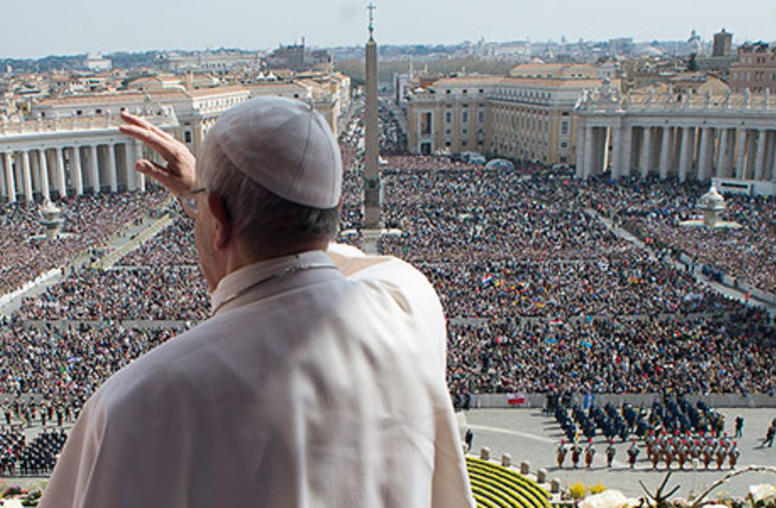
What Happens When You Replace a Just War With a Just Peace
Can the Catholic Church put an end to centuries of sanctioning war, and start promoting peace instead
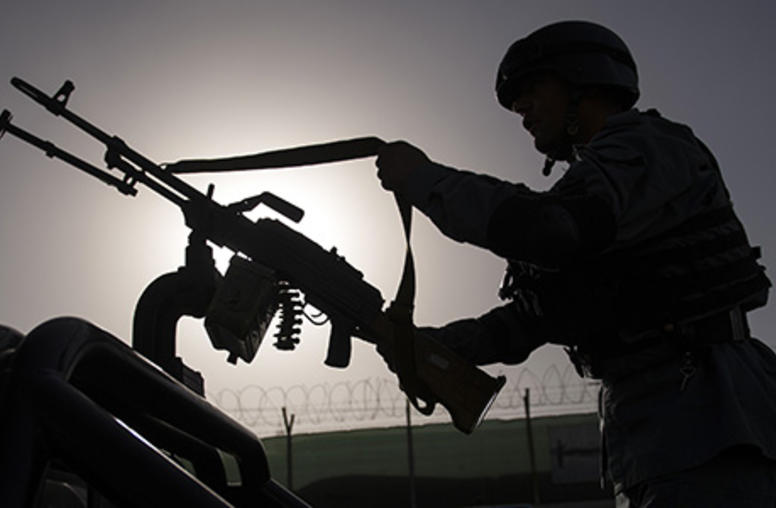
Q&A: Drone Strike's Impact on Afghanistan, Pakistan
The death of Afghan Taliban leader Mullah Mohammed Akhtar Mansour, who reportedly was killed in a U.S. drone strike in Pakistan on May 21, raises a host of questions about the Taliban’s future, U.S. strategy in Afghanistan and American relations with Pakistan. The strike, which Pakistani officials have protested, was the first publicly-disclosed military action by the U.S. inside Pakistan’s southwestern Baluchistan province, and the first to directly target senior Taliban leaders sheltering o...
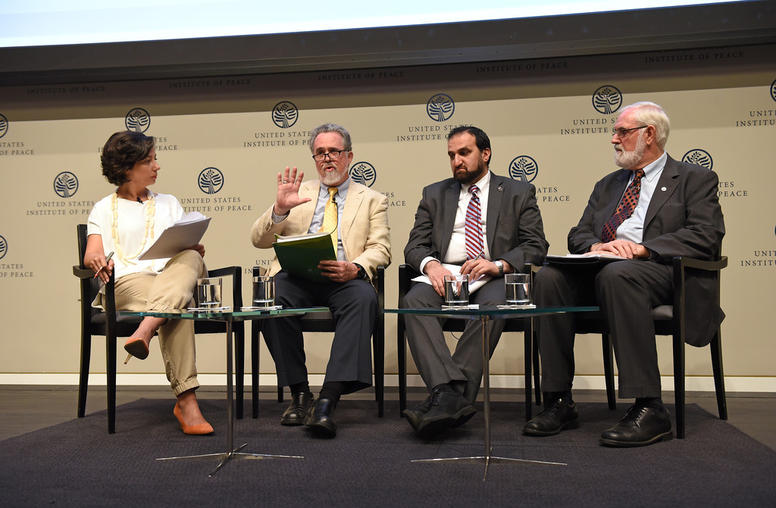
Humanitarian Aid: ‘Radical Change’ After Istanbul?
The two-day World Humanitarian Summit held recently in Istanbul drew criticism for the absence of top global leaders, but it actually broke ground in several ways, experts said in a discussion hosted by the U.S. Institute of Peace and Oxfam America. The summit spotlighted the need for “radical change” in a relief system built for the era after World War II rather than today’s small wars, insurgencies and fragmenting states that have unleashed the second-biggest flood of displaced people in hi...
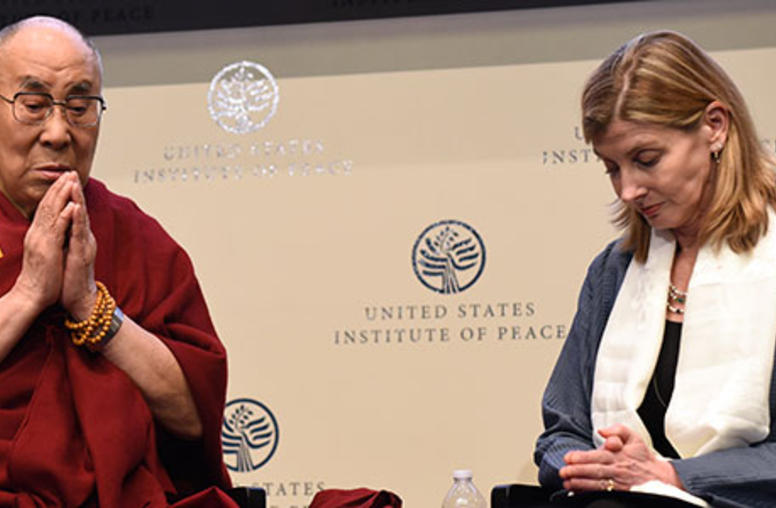
Dalai Lama Urges Greater Compassion, Role for Youth
A day after the United States’ deadliest-ever mass shooting, the Dalai Lama led a Washington audience in a silent prayer for peace. But he said prayers will be ineffective without “serious action” to erode religious and other communal divisions. Building peace in and among nations requires improved education, leadership by youth and women, and “personal contact” among people of disparate groups, the Buddhist spiritual leader said. “We have to live on this small planet… with a sense of brother...
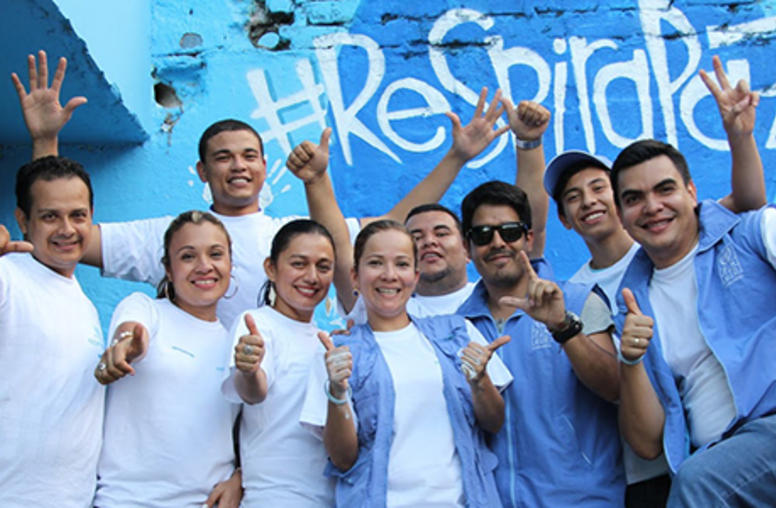
U.N. Youth-and-Peace Resolution: The Hard Work Begins
The United Nations Security Council recently addressed a force quietly shaping the world: a generation of young people that, numbering 1.8 billion between the ages of 10 to 24, is the largest in history, and has enormous potential to build peace amid the violence that so often rocks their world. The council’s resolution on youth, peace and security was the first to deal with the role of young people on these issues. The hard work now is to turn the resolution’s words into reality, H.E. Ahmad ...
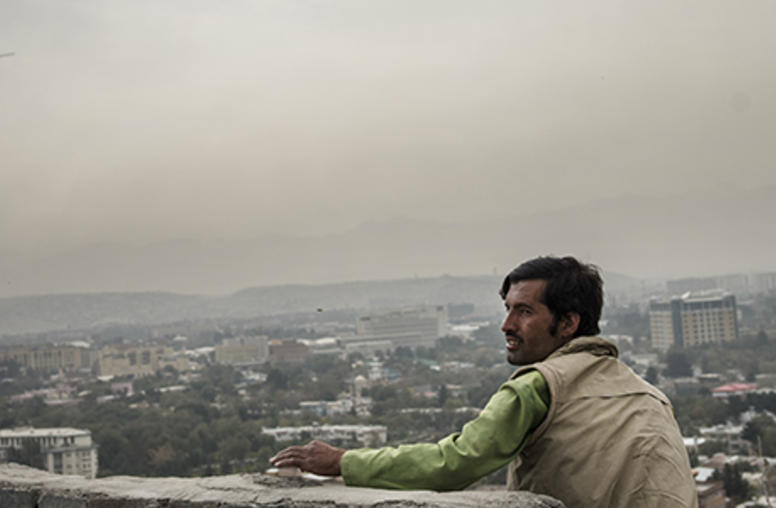
Afghanistan’s Lesson: Strategic Costs of Civilian Harm
After 15 years of U.S. military operations in Afghanistan, the strategic importance of avoiding harm to civilians is an inescapable lesson that policymakers need to fully integrate in American doctrine, planning and training, say the authors of a new report. The report offers “practical, pragmatic, concrete recommendations” to strengthen U.S. military operations overseas by averting losses to civilians and their communities, said former Undersecretary of Defense Michèle Flournoy in a public d...
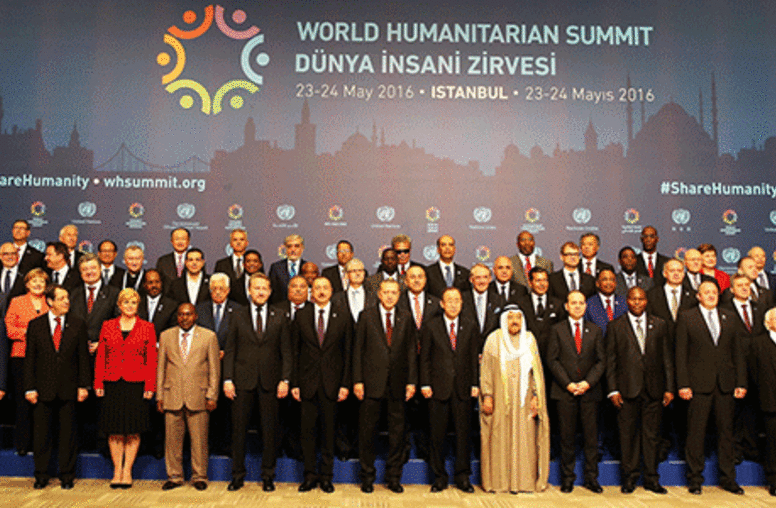
Why the World Humanitarian Summit Meeting in Turkey Really Does Matter
John Norris told Foreign Policy readers that the Istanbul conference would be irrelevant. It wasn’t.
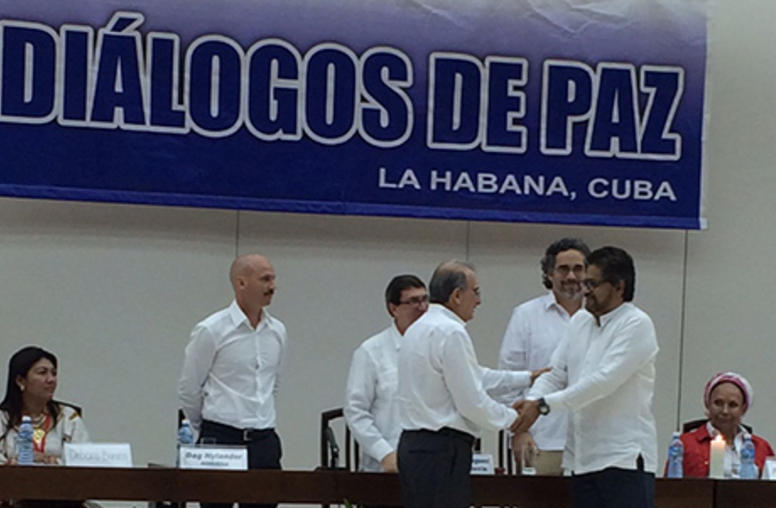
Q&A: Colombia Cease-Fire Accord Marks Historic Turn
More than a half-century of internal warfare in Colombia is on the brink of a peaceful resolution after four years of talks that suggest how other seemingly intractable conflicts in the world also might be brought to an end. With the announcement yesterday of a ceasefire between the government and the Revolutionary Armed Forces of Colombia (FARC-EP), the adversaries in one of the world’s oldest guerilla insurgencies disclosed new agreements on the two major issues that were holding up a final...
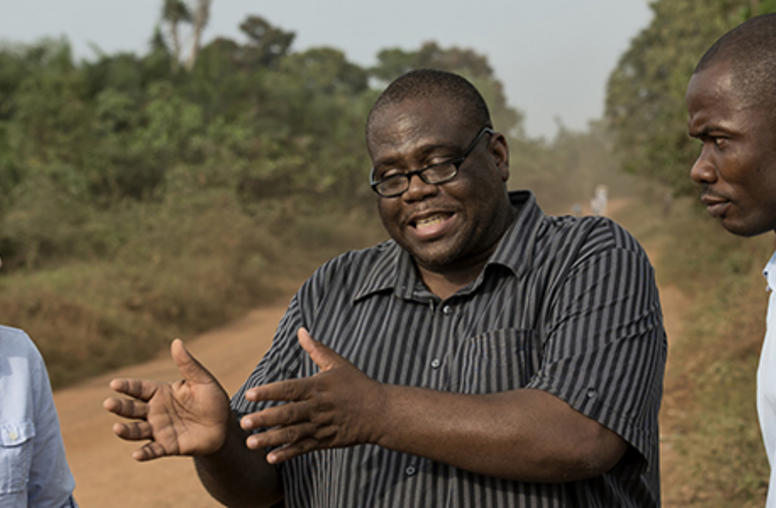
How to Cut Danger—And Accept Risk—in Civilian Missions
The U.S. State Department, searching for the balance between carrying out its missions overseas and minimizing the risk in high-threat environments, has rolled out an array of programs and policies to help diplomats and aid workers in high-threat environments, Deputy Secretary of State Heather Higginbottom said at the U.S. Institute of Peace. She spoke last week, before today’s release of a congressional report from a probe of the 2012 attacks in Benghazi, Libya, that killed four American civ...
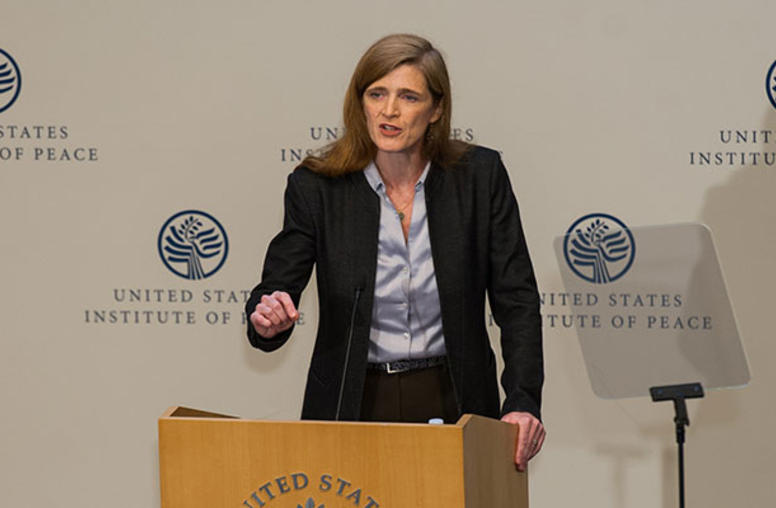
Refugee Crisis Threatens Global Stability, Power Says
United Nations Ambassador Samantha Power called on the international community—including the American public—to step up its response to the greatest refugee crisis since World War II, saying that failure to act may destabilize fragile states, strengthen organized crime and bolster the arguments of violent extremists that the West is at war with Islam.